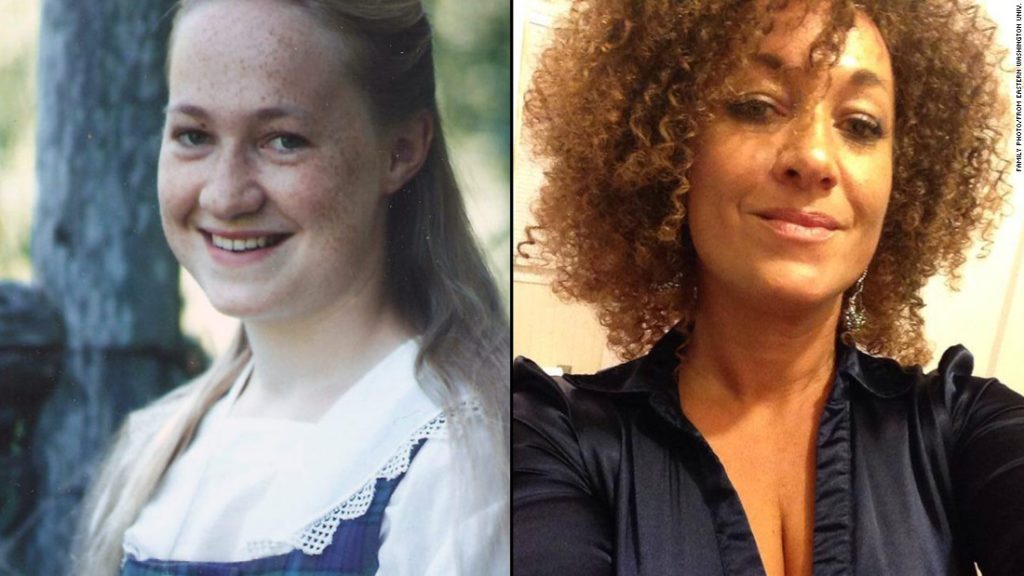Consumerism and identity

One of the defining features of the modern world in comparison to traditional societies is the idea that one is not necessarily fated to be the person that one was born as.
This distinction is captured well in The Passing of Traditional Society, Daniel Lerner’s classic study of the mid-20th century Middle East. Lerner noted that many of the illiterate villagers he interviewed could only respond with laughter when asked what they would do if they were to change places with their rulers, and they would not even consider the question of under what circumstances they would leave their native village. Both these possibilities seemed to them almost literally unthinkable.
By contrast, the idea that you can become somebody other than the person you seemed fated to be by the circumstances of your birth, and more particularly that you can choose to make this change, is a hallmark of contemporary cultures.
In that light, I found this comment from Pikakeet in the thread accompanying my post on reverse passing very interesting:
For those that don’t know the trans movement is split between the transmeds, who think that in order to be trans you must have gender dysphoria and therefore the act of transitioning is based on medical necessity, and tucutes (derived from “too cute” because that’s their view of trans people), who believe that you don’t have to have gender dysphoria to be trans you just have to have a desire to be trans. The majority of transmeds are trans people with gender dysphoria and their allies. The majority of tucutes on the other hand are cis white people who seem to want to look special and really don’t appreciate being told they’re not trans.
Meanwhile the TERFs seem to really despise the tucutes and 99% of the TERF rhetoric seems aimed at them specifically.
But being trans, especially from the tucute perspective, would be absolutely perfect for this: there’s no genetic test for being trans so unlike claiming a racial makeup you aren’t one test away from having everyone find out your colored ass is 95+% white. Also thanks to strides the tucutes have made you don’t even have to go through the expense of hormones and surgery to correct your gender or even make any real effort to pass as your gender. You can now have none of the costs of being trans and all the benefits. And if anyone calls you out for being fake as a $3 bill there’s loads of people online that will happily come to your defense because they’re under the impression they’re helping someone who’s genuinely been discriminated against instead of a white cis twit who just wants those oppression points.
I know nothing about trans issues, so I have no substantive response to this, but I was intrigued by the existence of this debate.
ETA: Many commenters in this thread have pointed out that Pikakeet’s framing of the issue is extremely controversial in the trans community, and that many or perhaps even the vast majority of people in that community consider the transmed frame to be an extremist or radical position. If I had been aware of this I would have noted it in the original post.
I’m also struck by how the broader phenomenon of reverse passing is related to the massive ongoing status degradation that, most particularly, straight white young upper class Protestant men (sixty years ago this was Erving Goffman’s definition of the closest thing to an American who wouldn’t encounter social situations in which he would find himself managing a spoiled/stigmatized identity) have been enduring over the last few decades.
Suddenly — actually not so suddenly — being white etc. isn’t necessarily so great any more, so some white people are naturally shopping for alternatives.


